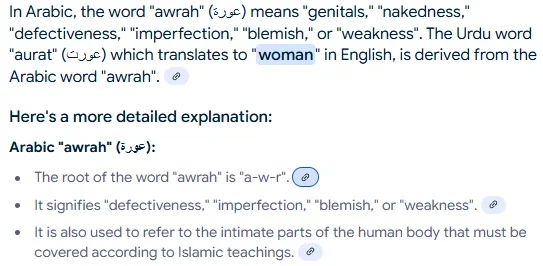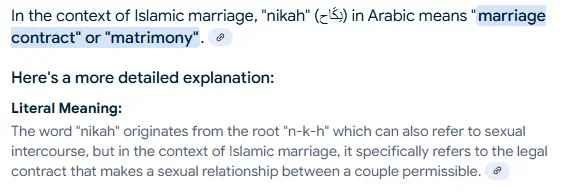- Joined
- Nov 20, 2024
- Messages
- 930
- Likes
- 4,833
air defense system is structured in three layers. If one layer fails to intercept a missile, the next layer engages it, and if that too fails, the third layer provides another opportunity to neutralize the threat. However, as I mentioned, Pakistan would have virtually zero probability of even preparing for a missile launch without being detected and preemptively targeted.There's a non-zero possibility of such systems failing to intercept the incoming warhead especially when you consider that Pakistan can launch decoys and blanks to further get us to waste our batteries before going for the jugular. In the fog of war, a thousand things can go wrong. The concept is very real and is capable of setting India back by several decades with several lakhs of people dead in one go even if Pakistan will get sent back to stone age in retaliation. It's best not to get too cocky in matters such as these IMO.
With rapid advancements in technology, missile defense systems and network-centric warfare capabilities are becoming increasingly precise and effective. Given this trajectory, the likelihood of a nuclear exchange between India and Pakistan is approaching zero.
To ensure long-term security and stability in the region, India must consider neutralizing all of Pakistan’s nuclear installations. There may be no alternative—sooner or later, decisive action will be necessary to secure the future of the region.
If Iran were to acquire nuclear weapons tomorrow, Israel will take immediate action to target Iran’s nuclear installations, even if Iran possessed ready-to-launch nuclear-tipped missiles. Israel would do everything necessary to safeguard its national security—not only through air defense systems and preemptive strikes on nuclear sites, but also by preparing nuclear war-safe bunkers and educating its citizens on how to protect themselves in the event of a nuclear conflict.









